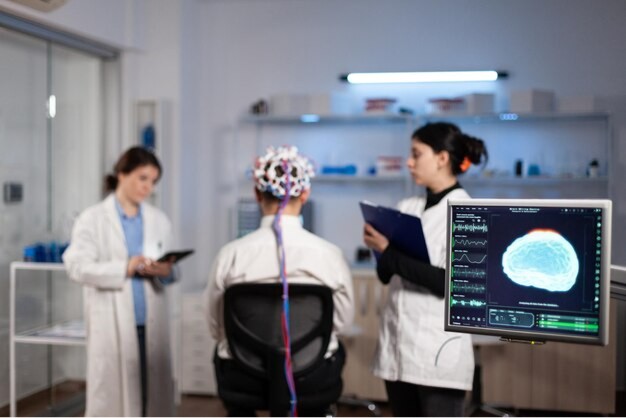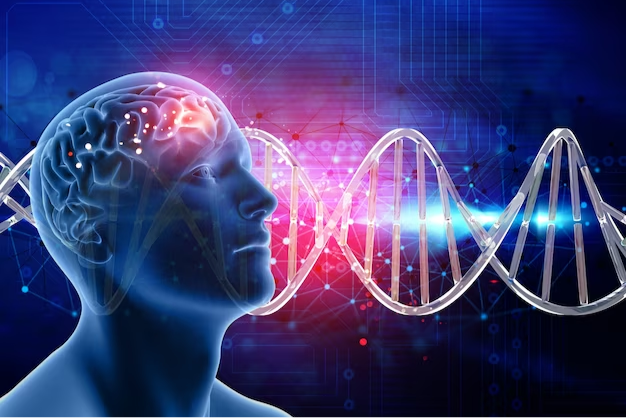Introduction
Parkinson's disease is a complex neurological disorder that affects millions of people worldwide. It's a condition that has long fascinated scientists and researchers, and ongoing studies continue to shed light on its causes, symptoms, and potential treatments. In this article, we will explore the basics of Parkinson's disease, delve into its symptoms, discuss its potential causes, and review the current state of research and treatment options.
Understanding Parkinson's Disease
Parkinson's disease is a progressive disorder of the nervous system that primarily affects movement. It is characterized by the degeneration of dopamine-producing neurons in a part of the brain called the substantia nigra. Dopamine is a neurotransmitter that plays a crucial role in regulating movement and coordination.
Common Symptoms of Parkinson's Disease
- Tremors: One of the most recognizable symptoms of Parkinson's, trembling or shaking in the hands, arms, legs, and face is common.
- Bradykinesia: This refers to slowness of movement, where individuals may have difficulty initiating or completing actions.
- Muscle Rigidity:Stiffness and muscle rigidity can lead to joint pain and limited range of motion.
- Postural Instability: A tendency to lose balance and coordination, making individuals prone to falls.
- Loss of Automatic Movements: Everyday automatic movements, such as blinking or swinging the arms while walking, may become impaired.
- Changes in Speech and Writing: Individuals with Parkinson's may experience slurred speech, a softer voice, or changes in their handwriting.
Potential Causes and Risk Factors
While the exact cause of Parkinson's disease is not fully understood, researchers have identified several potential factors and risk elements that may contribute to its development:
- Age: Parkinson's is more common in older adults, with the risk increasing significantly after the age of 60.
- Genetics: Specific genetic mutations and family history can increase the risk of Parkinson's disease.
- Environmental Factors: Exposure to toxins, such as pesticides and herbicides, has been studied as a potential risk factor.
- Brain Changes: Abnormal clumps of proteins, including alpha-synuclein, are a hallmark of Parkinson's disease.
Current Research and Treatment
There is currently no cure for Parkinson's disease, but ongoing research is actively seeking to improve our understanding of the condition and develop more effective treatments. Some key areas of research include:
- Disease-Modifying Therapies: Researchers are investigating potential medications that could slow the progression of the disease and protect dopamine-producing neurons.
- Gene Therapy: Gene therapy approaches aim to modify genes associated with Parkinson's to mitigate or prevent the condition.
- Stem Cell Therapy: Stem cell research is exploring the potential to replace damaged neurons in the brains of Parkinson's patients.
- Deep Brain Stimulation: This surgical procedure involves implanting electrodes in specific brain areas to alleviate motor symptoms.
- Non-Motor Symptom Management: Research is also focusing on improving treatments for non-motor symptoms, such as cognitive impairment and depression.
Conclusion
Parkinson's disease is a challenging and progressive condition that affects many lives. While there is currently no cure, the ongoing research and advancements in treatment options offer hope for individuals and their families. By raising awareness, supporting research initiatives, and understanding the causes and symptoms of the disease, we can work together to improve the quality of life for those affected by Parkinson's and contribute to the ongoing quest for a cure.
.pdf%20300X60%20PX-02-02.svg)



